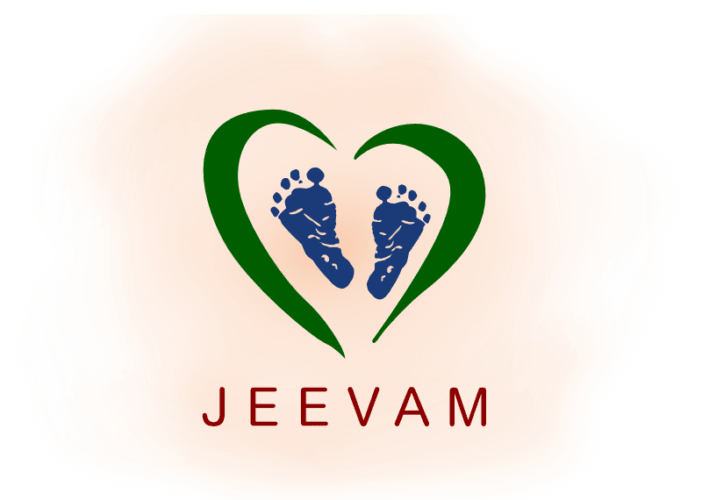The topic of mental health was very popular last year, with all of the social, mental, physical, and emotional adjustments everybody had to make to their lives due to COVID-19. To say that it was a hard year for us would be an understatement.
For some people, the topic of mental health is completely foreign. They don’t know how to properly take care of theirs, and they don’t understand the importance of doing so. However, at Jeevam Therapy, we believe that if people understood the impacts their mental health can have on their physical health, they’d have paid more attention! We suggest you find a trained psychotherapist who can make you understand why you feel the way you do in your current condition.
How are Physical, Mental, and Emotional Health Linked?
When a person experiences any kind of injury, stressful situation, or trauma (for example: surgery), their health is going to be directly affected as their bodies try to heal.
Oftentimes patients deal with physical limitations as a result of an operation. It’s very common for these people to become discouraged, anxious, and depressed because of their condition. They don’t feel as if they’ll ever get better or regain their previous strength and abilities. They may even become disengaged from their activities of daily living or any therapeutic activities, which will only result in more pain down the road.
If your financial and/or physical health is declining or is temporarily affected because of an illness or injury, your confidence and mood may plummet. It can be a very hopeless feeling. The same is true in reverse as well; if your emotional and mental health are not what they should be, it will take a toll on your physical health.
For example, someone could lose their job and suddenly find themselves in a constant state of stress. They may be so anxious and worried over how they’re going to pay their bills that there posture is tensed and shoulder always upward causing them to have tension headaches often.
Pain and Mental Health
Mental health gets overlooked often. One of the reasons might be it doesn’t present itself the way a physical ailment (for example, a cut, scrape, burn, strain, a broken bone, etc). However, over time, it affects our mood, behavior, personality & posture. In our practice, we have seen that many myofascial pain syndromes are directly linked to physical and mental trauma. When we touch certain trigger points it literally triggers the memory of the event that occurred. Often it is uncomfortable because we don’t want to visit that memory again. If you are feeling this way, we urge you to consider a therapist to talk to as well as we are treating your myofascial pain.
Numerous studies have evidence directly correlating mental health to physical wellbeing.
Healthline states: “One 2015 study showed a correlation between people who are depressed and decreased pain tolerance, while another study in 2010 showed that pain has a greater impact on people who are depressed.”
So you see, it’s all tied together. If your mental health is poor, then your physical state is negatively affected. You may notice pain more often and be unable to make yourself stop worrying about it, or you may lack the willpower to do the work you need to in order to recover. When your physical state is poor, your mental health can take a nosedive as you try to recover and deal with movement restrictions.
How to Keep Yourself Healthy and Balanced
When it comes to mental health, no matter what age you are, you are NOT alone. Struggling with depression and anxiety can exacerbate an existing myofascial or chronic pain problems, or cause one to crop up on its own because of the stress your body is harboring.
It’s important to talk with a medical professional and have a plan of action for recovery after major surgeries or injuries that take a while to heal from. The more proactive you are about your mental health, the easier the road to physically feeling better will be. If you have chronic pain then, the first step would be to find the root cause: when and how did it start? Often myofascial releases bring those feelings back and some patients have come to tears, as it’s directly linked to the stress that occurred after certain traumatic events. We suggest you treat it both physically as well as psychologically. Find a psychotherapist to talk to and let us release your physical and myofascial pain.
What’s important to know is that just because you can’t touch something that hurts, doesn’t mean it can’t be healed. The root cause of many chronic pain problems starts with the state of a person’s mental health which they are in. We urge you to connect with a licensed therapist to talk to. Contact us to treat your tension headaches. Jaw pain, neck and back pain, or chronic myofascial pain is a manifestation of your mental health. Let’s get on the road to a healthy, pain-free, and blissful life!
Let’s Take a Holistic Approach
It’s time for you to start finding the root cause of what hurts and handle it once and for all. Ultimately what matters is YOU and your health!
Tags: health, physical therapy, health tips, health and wellness, healthy tips, mental health, physical health




